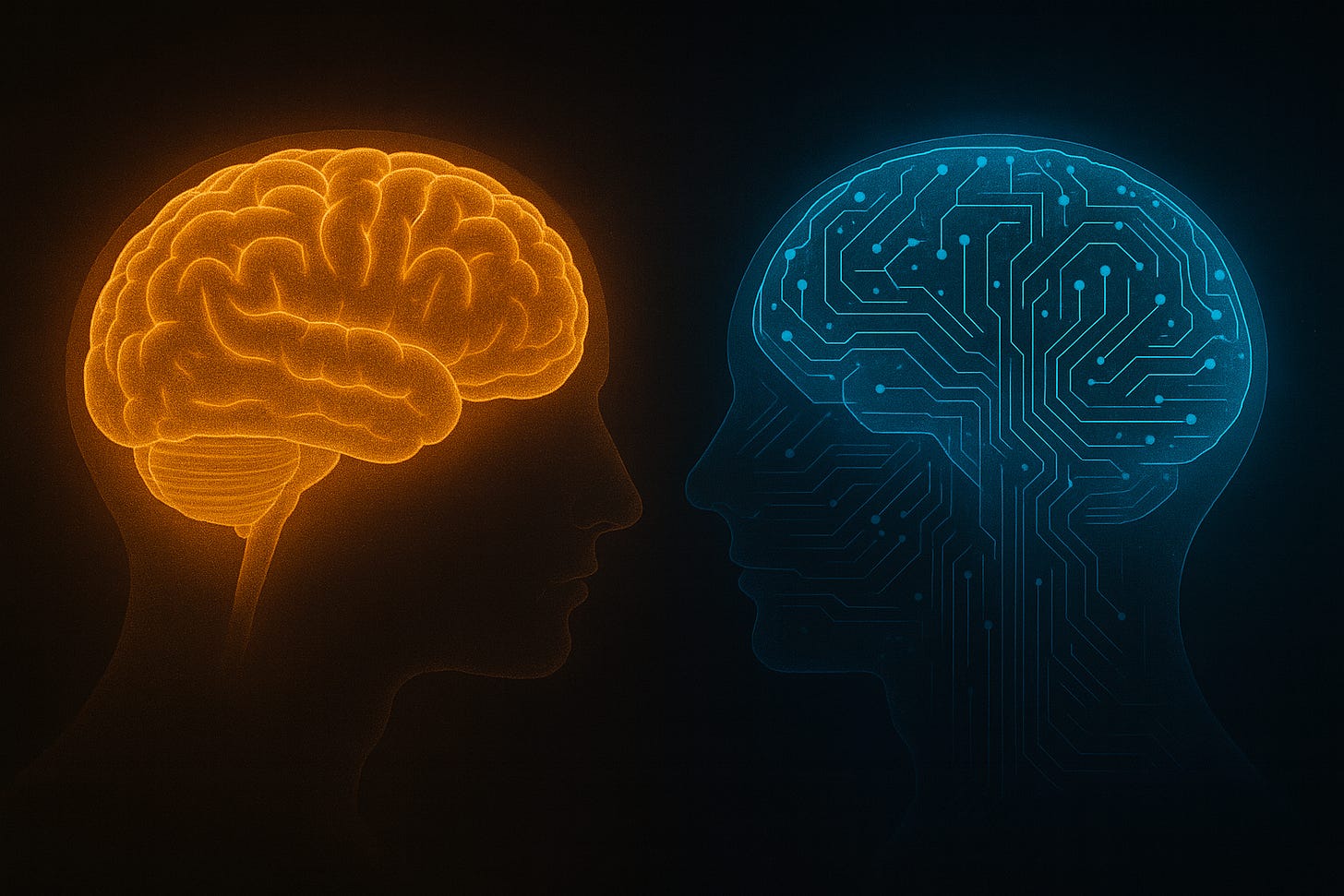🤖 The Rise of AI
Humanity’s Final Test of Intelligence
There was a time when intelligence was purely human. It was the one thing that separated us from everything else — our ability to reason, to create, to dream. But that world is gone now. Artificial intelligence has arrived, and it’s not just a new technology. It’s a new form of mind.
For the first time in history, we’re living alongside something that ca…




